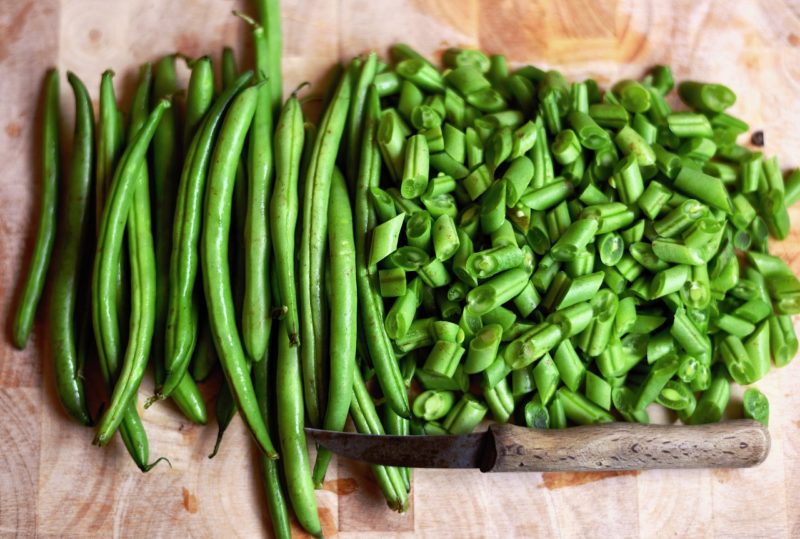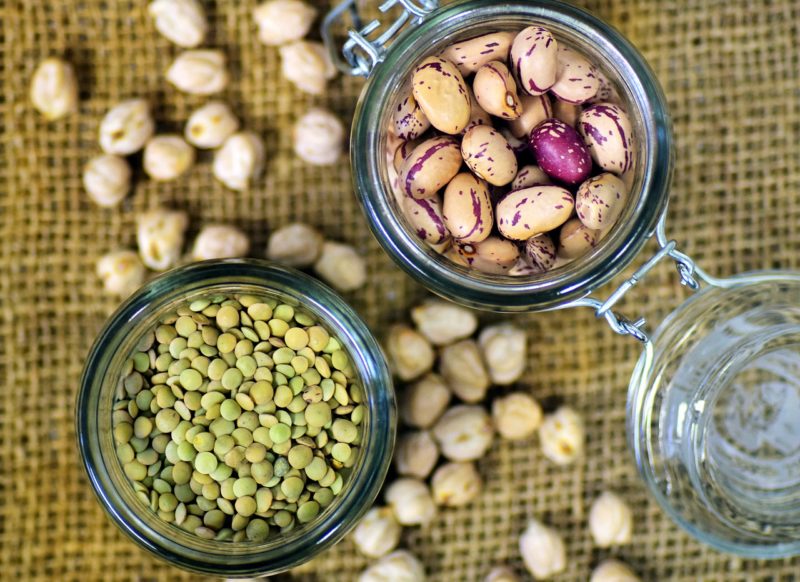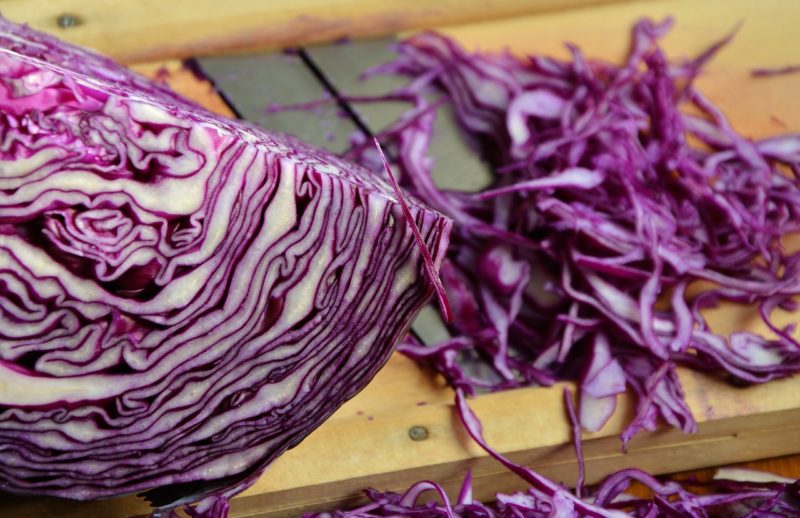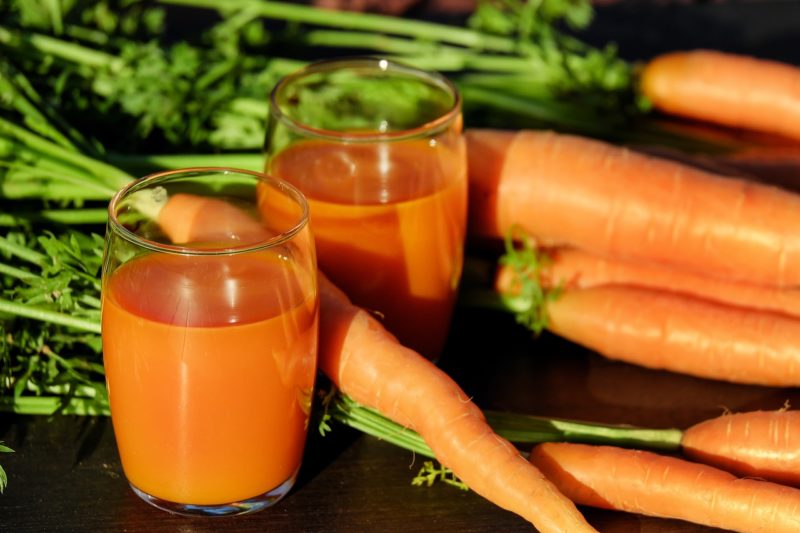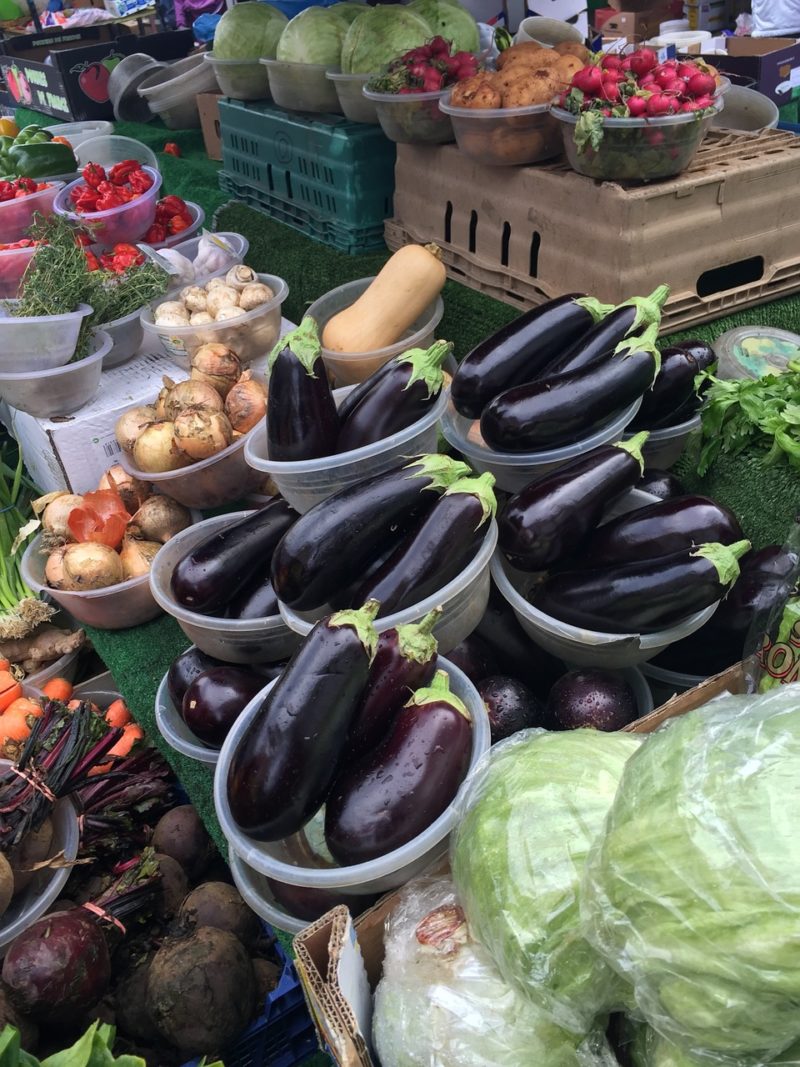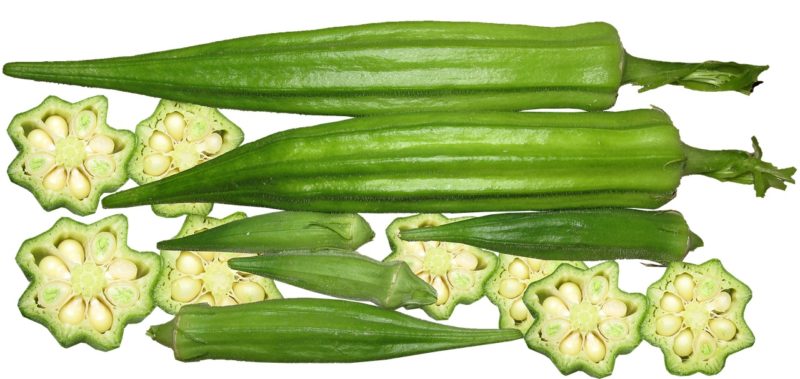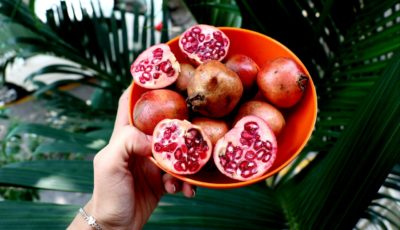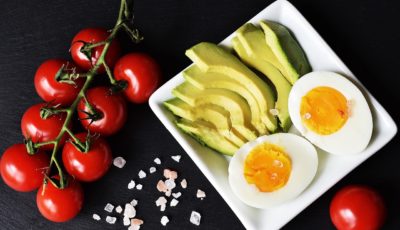Vegetable Nutrient Chart
It’s no secret that vegetables have a large number of health benefits. Since childhood, we were all advised to eat our vegetables. Of course, people don’t notice the benefits of eating vegetables until they get older.
Vegetables are one of the main sources of nutrients that the body needs to survive and develop. These nutrients don’t just help the body advance, but they also determine the body’s overall scope of health. Veggies provide a variety of nutrients for your body such as proteins, carbohydrates, vitamins, and minerals. For these added benefits, you need to include vegetables in your diet on a daily basis. But do you really know how healthy vegetables truly are?
Here is a list of the most nutritious vegetables and the nutrients they provide for your body.
1) Green Beans
These vibrant fellows are a great source of vitamin C, potassium, folic acid, and iron. Additionally, they’re very low in calories, making them a great choice for those who are trying to watch their weight.
2) Dried Beans
Including any kind of beans from kidney beans and black beans, to fava beans and lentils, dried beans are a very heart healthy food. They’re rich in a vast number of nutrients including magnesium, iron, zinc, and potassium. Most importantly, they are full of protein and tend to be one of the main protein sources in vegetarian diets.
3) Cabbage
Also quite low in calories, cabbage is just chock-full of nutrients that help your body develop properly. Not only is cabbage high in vitamin C, but it’s also high in calcium, fiber, potassium, and folic acid. Cabbage is also known for helping protect your body against radiation, reduce any risk of heart disease, and even prevent cancer.
4) Carrots
Carrots are quite high in antioxidants, which help protect the body from viruses and bacteria. Carrots are also rich in vitamins A and K, potassium, as well as beta-carotene. Such an antioxidant-rich vegetable can actually help reduce the risk of cancer and heart disease.
5) Eggplant
Eggplants are very high in fiber, potassium, and vitamin B1. They also contain flavonoids like anthocyanin, which is a water-soluble pigment that has many benefits. In fact, the red-blue flavonoid has been found to help significantly with dropping or low blood pressure. Lastly, the skin of the eggplant is full of fiber, magnesium and antioxidants.
6) Okra
Low in calories and full of water, okra is another great vegetable that is just full of fiber and antioxidants. Okra contains plenty of vitamin C and B as well as lutein, magnesium, and potassium. Furthermore, it has been said to help with managing blood sugar in cases of type 1 and type 2 diabetes.
7) Sweet Potatoes
Sweet potatoes are a great source of vitamins A, B6, and C. They are also full of an array of minerals including iron, fiber, calcium, and selenium, and potassium. Most importantly, sweet potatoes contain the antioxidant beta-carotene. In fact, 1 cup of sweet potato contains almost four times the needed daily allowance for beta-carotene.
The list above contains just a few number of the vast variety of vegetables that are just full of vitamins and nutrients for the benefit of your body. Knowing the nutrients contained within each vegetable can help you plan exactly what your body needs and pick the suitable vegetables for your body’s needs.

